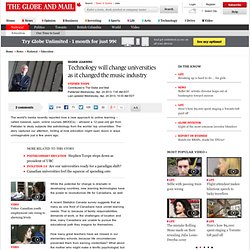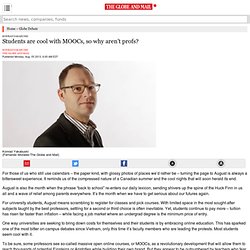

Social media reporter. 2. Techno-nomadisme et pensée rhizomatique. Cybertexte : Message: felix. Bonjour à tous, Une info qui pourra vous interesser ?

(je ne pourrai pas y assister vendredi) J'ai acheté le livre sur le site de l'éditeur, je l'ai commencé mais sa lecture en Italien me demandera un peu de temps, une fiche de lecture ou un résumé après les vacances ? Amicalement, Luc En collaboration avec la revue Chimères présente "FELIX - Narration de la rencontre avec la pensée de Guattari, cartographie visionnaire du temps qui vient" Vendredi 15 Juin 20h30 >> Collectif 125 Bd. 1°étage face digicode: 26 71 interphone au bout du couloir :"collectif 125" tel. 01 46 33 18 00 Narration de la rencontre avec la pensée de Guattari, cartographie visionnaire du temps qui vient un livre de Franco Berardi Bifo Luca Sossella editore Roma 2001 La contribution specifique de Guattari à la creation dune pensée rhyzomatique est analysée dans ce livre, ecrit par Franco Berardi, un ami de Felix Guattari, qui à travaillé avec lui pendant deux decennies.
Technology will change universities as it changed the music industry. The world’s media recently reported how a new approach to online learning – called massive, open, online courses (MOOCs) – allowed a 12-year-old girl from Pakistan to study subjects like astrobiology from the worlds’ top universities.

The story captured our attention, hinting at how education might open doors in ways unimaginable just a few years ago. While the potential for change is dramatic in developing countries, new learning technologies have the power to revolutionize life for Canadians, as well. A recent Statistics Canada survey suggests that as many as one third of Canadians have unmet learning needs. That is, because of family responsibilities, demands of work, or the challenges of location and time, many Canadians are unable to pursue the educational path they imagine for themselves.
How many great teachers have we missed in our elementary schools, because life circumstances prevented them from earning credentials? The analogy is imperfect, however. Students are cool with MOOCs, so why aren’t profs? For those of us who still use calendars – the paper kind, with glossy photos of places we’d rather be – turning the page to August is always a bittersweet experience.

It reminds us of the compressed nature of a Canadian summer and the cool nights that will soon herald its end. August is also the month when the phrase “back to school” re-enters our daily lexicon, sending shivers up the spine of the Huck Finn in us all and a wave of relief among parents everywhere. It’s the month when we have to get serious about our futures again. For university students, August means scrambling to register for classes and pick courses. With limited space in the most sought-after subjects taught by the best professors, settling for a second or third choice is often inevitable. One way universities are seeking to bring down costs for themselves and their students is by embracing online education.
The MOOC phenomenon is barely a year old, but it’s exploding everywhere. Students, please discuss.